With news this morning that Alaska Airlines had offered passengers on last week’s now infamous flight 1282 a compensation of $1,500 and a ticket refund “to assist with any inconveniences,” the question arose here as to who exactly should pay when something goes wrong on a Hawaii flight or any flight.
Passengers aboard Alaska Airlines Flight 1282, who encountered that incredible mid-flight incident when the emergency exit plug dislodged, may pursue legal action against the airline based on the offer from Alaska being inappropriate in relation to the emotional distress caused by the near-death experience.
Also read: New 2024 Airline Rules Include Refunds For Hawaii Flight Delays.
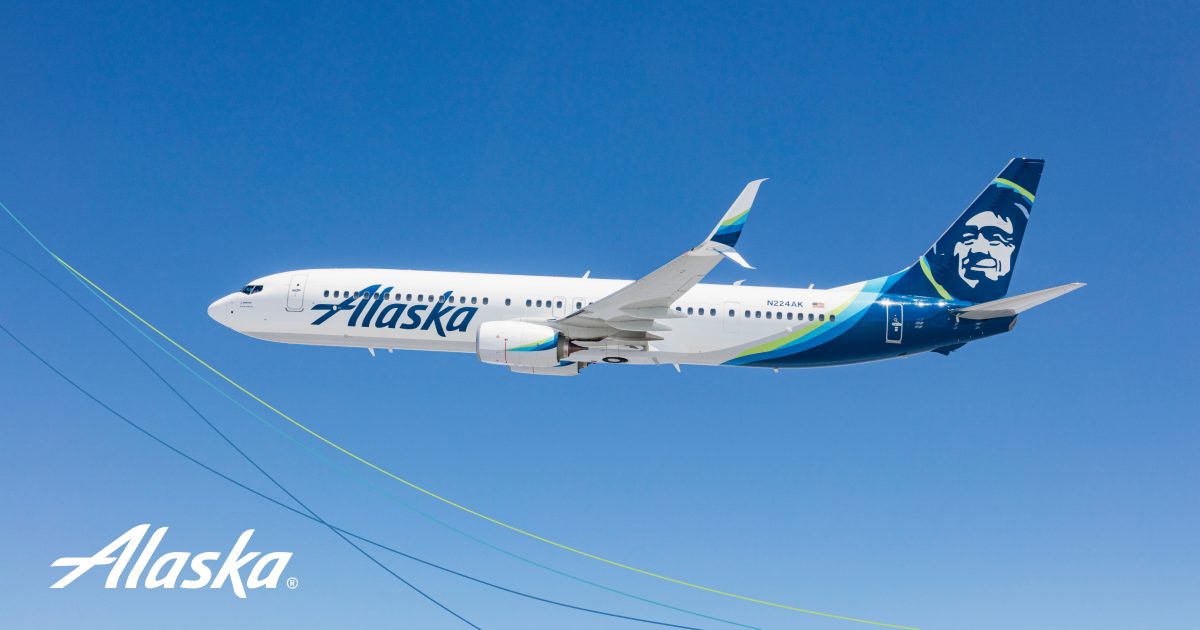

But it isn’t yet clear yet what Alaska Airlines did wrong.
The airline continued to fly the same aircraft in question even after multiple pressurization warnings that caused them to remove it from Hawaii flights. Beyond that, fingers point to Boeing, which is taking public responsibility, and Spirit AeroSystems, the Boeing spin-off that actually made the fuselage of the aircraft. Boeing’s CEO said, “We’re going to approach this number one acknowledging our mistake.”
New Alaska Airlines Plane Flew 22 Hawaii Flights Prior To Mid-Air Blowout
In the meantime, Alaska Airlines is currently being sued by passengers in relation to the off-duty pilot who was flying in the cockpit jump-seat and allegedly tried to crash the plane while on drugs. Joseph David Emerson, age 44, was the off-duty pilot accused of trying to shut off the engines of an Alaska Air flight to San Francisco.
Airline passenger compensation in the US is limited.
Passenger compensation for airline wrongdoing is based on the nature and severity of the problem. When deemed the responsibility of the airline and not of nature, these might be just causes: flight delays and cancellations, denied boarding, and lost and damaged baggage. When it comes to in-flight problems, those could be just causes, too, like safety disruptions.
If a flight delay is the airline’s fault, compensation may include meals, accommodation, and transportation to and from the airport, depending on the length of the delay and the airline’s policies.
When you are denied boarding involuntarily, you will be entitled to compensation depending on the circumstances. And if your baggage is lost or damaged (not just delayed), airlines are usually culpable, and passengers can receive compensation for lost items and/or reimbursements.
In cases of safety-related incidents, such as Alaska Flight 1282.
Clearly, passengers may be entitled to compensation for both emotional distress and inconvenience that is caused by the negligence. But the question remains as to who is responsible and should pay following last week’s incident.
Different situation: $300 value compensation for summer 2023 United Hawaii flights.
In the aftermath of last summer’s airline chaos, United Airlines acknowledged disruptions and rolled out a rather generous compensation offer for affected passengers. An email apology has been sent out, and we received an offer of 30,000 MileagePlus bonus miles per passenger. For us that’s a value of about $300. However, in many cases, the incurred additional costs of multi-day delays far outweighed the offered miles.
That situation prompts consideration of the value of trip insurance; a solution often met with passenger reluctance. While the costs of trip insurance have risen a great deal, airline disruptions highlight its usefulness. United’s compensation offer, following Southwest’s precedent of a 25,000-mile offer for affected passengers in 2022, continues to raise questions about what gestures are sufficient to address the inconvenience caused to travelers.
When it comes to passenger rights, Europe and the UK are far ahead of the US.
With flight delay compensations in the UK and Europe, regulations mandate refunds up to $600 per passenger for delays of over three hours. This certainly prompts questions about the disparity in compensation standards between countries.
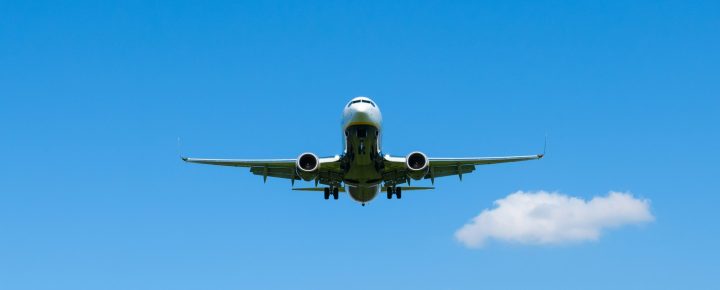
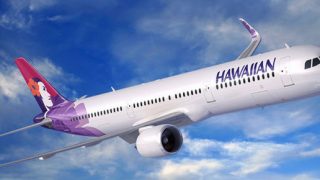
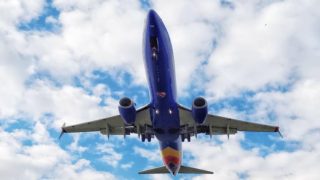

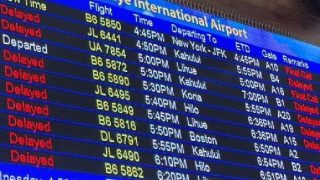

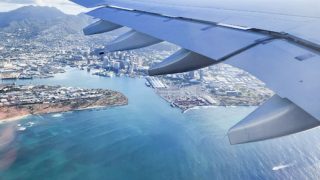
Who Should Foot the Bill For Hawaii Flight Problems?
In the end the consumer who purchases future airline tickets will end up paying the bill.
Just ask any one living in California where PG&E was responsible for several wildfires here. PG&E was fined and forced to pay fire victims for loses, yet it’s the consumer who’s paying fines with outrages electric and gas bills.
Heck, I got a lot out of the Southwest meltdown a couple of years ago. I flew on 25k bonus miles and a refunded ticket for quite a while. And I didn’t even have to go to the airport – my flight was cancelled by the debacle a day or two before I was supposed to fly. I thought that was pretty straight up of them. As for Alaska, they are dancing around the edges of a true disaster. Doesn’t seem like their eye is on the passenger safety ball for one reason or another . If it was me on 1282, I would reject the $1500 and talk to a lawyer. Those people (including the employees working that flight) deserve a lot more.
As I suspected – the $1500 was just gesture. In fact, according to reports, Alaska immediately sent every passenger that amount along with access to mental health care through the company’s mental health partner (interesting arrangement). There already has been one lawsuit filed (what’s the rush?) so we know there will be a final dollar amount floated sometime (years?) down the road. The question would be, what’s the number?
Liability is based on multiple factors. It can be negligence, things done or not done by the airline its agents and employees, its suppliers etc. It can be statutory based on laws and regulations which have lesser intent requirement. Finally there are tortious claims such as the good neighbor principle where the court decides what is reasonable behavior. Corporate claims have their own issues where intent needs to be proven.
The article says the Europeans are far ahead however that is true and false, as so often is the case. There are statutory claims which exceed US protection but there are many exemptions and get outs. However US civil cases use juries which are far more generous than the European judges.
We just returned from Maui and I can honestly say that we will not return to the Islands again. It’s just not a happy place to be. It will be many years before they see recovery. Plus as an added problem, Hawaiian airlines are not the best to fly!
Slow yourself down. Try Kauai…
Hey Mik S,
Have you been to the Big Island, Hawaii? – Not the state but the Island… that alone, is Hawaii? See I ask because I was born and raised there. But I’ll admit, I’ve never been to Kauai. I’ve heard it is just as beautiful but also cause it’s such a small island, the frogs songs sound like an overwhelming roar.
So whenever my grandfather would come visit us, we usually took a trip driving around the island in a few days. It can be done in about 11 hours if you don’t stop to see anything but isn’t that the reason people come to Hawaii?
Europe is so far ahead of the US in many things. It was good of Alaska to offer compensation st this stage of the inquiry. I hope the passengers affected don’t get represented by some ambulance chasing attorneys out to bilk Alaska out of millions. They need to go after Boeing big time.
Regarding the alaska air lost plug incident: I think calling that a “near death experience” is a bit much. Acknowledging it was scary, but at 16,000 feet and if all passengers had their seatbelts on as instructed, near death experience is a bit dramatic! Sadly, ambulance chasing attorneys will be all over the incident like vultures on a carcass, and the flying public will pay the “compensation” for the incident. Its also important to note that no one has a constitutional right to get on and aircraft and have everything go as planned! Don’t like an airline, their aircraft, or the way the airline does business, stay in your recliner and enjoy the world from the comfort and safety of your living room!